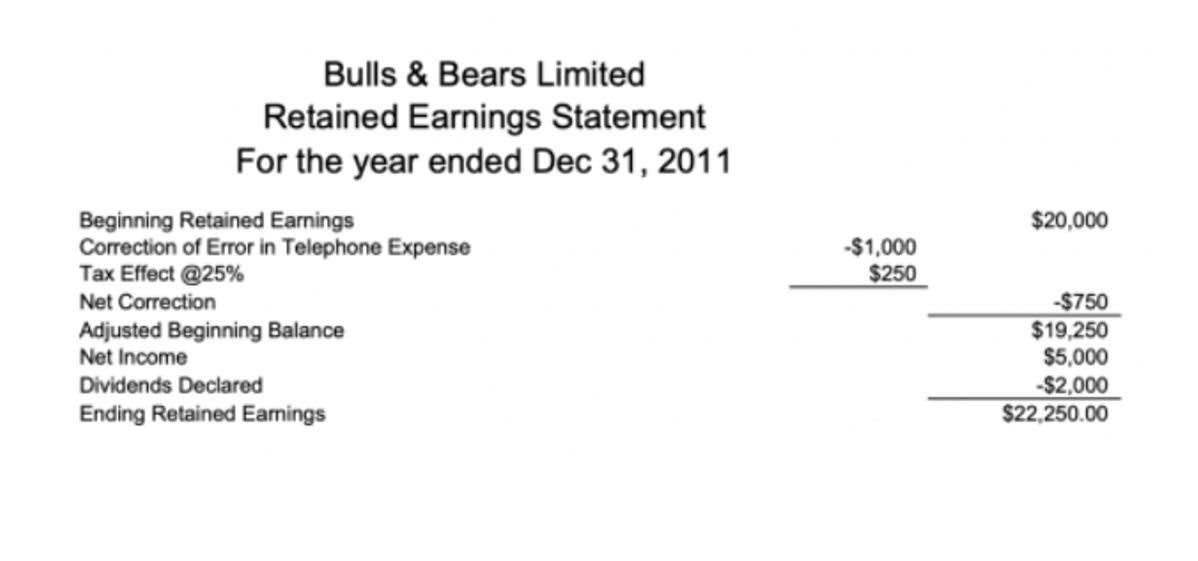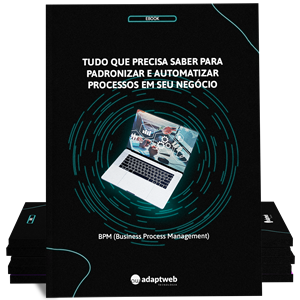Raising capital or considering an acquisition means you’ll need skilled accounting practitioners to help you. Another major area where CPAs can be much better than a simple bookkeeper are producing tax returns – and interacting with tax authorities like the IRS or state tax agencies. CPAs are legally allowed to provide tax services above and beyond what other accounting professionals can do.
- For most new businesses, back-office processes like accounting are last on the list.
- If they’re not, you’ll likely have to pay late fees, interest charges, or both.
- A professional bookkeeper will help you find your best analytical systems.
- If companies didn’t have their vendors labeled in their accounting software, then they couldn’t see how they were spending their money.
Equity is the investment a business owner, and any other investors, have in the firm. The equity accounts include all the claims the owners have against the company. The business owner has an investment, and it may be the only investment in the firm. If the firm has taken on other investors, that is reflected here.
Choosing a Business Entity
Many beginners often mix up bookkeeping with accounting, but these two fields couldn’t be more different. More importantly, it gets you on the path to transform your business into a money-making beast. In this bookkeeping 101 guide, we show you everything you need to know to get started with it.
The downside is accrual accounting is more complex than cash-basis and requires adjustment entries as accounts receivable and payable fluctuate. I hope this guide answered your biggest questions and gave you the confidence that will make it easier for you to create your first income statement. If you want to know what’s happening in your business and make the right financial decisions, bookkeeping should be a non-negotiable part of your business.
Choosing an Accounting Method
You juggle many hats and managing the books shouldn’t be one of them! Now let’s look at how technology makes managing startup bookkeeping much easier. For example, if you purchase inventory startup bookkeeping with cash, you debit inventory (asset) and credit cash (asset). If you sell inventory for $100 on credit, you debit accounts receivable (asset) and credit revenue (equity) by $100 each.
Before you take on any small-business bookkeeping tasks, you must decide whether a single- or double-entry accounting system is a better fit. The entry system you choose impacts how you manage your finances and how your bookkeeping processes will work. Luckily, it’s not impossible to manage your own startup funds with the help of modern technology, software, and outsourcing tools. You don’t need a degree in accounting to master your money as a small business owner. Small business accounting can be intimidating if you don’t have a background in bookkeeping. Running a startup is a bit like juggling several things at once.
Create a Business Plan
Clear, error-free financial records are your best tool when dealing with tax authorities. As long as transactions are legitimate and provable – and they’re eligible for tax relief, of course – you should have no issues with filing tax returns. AP is most often paid by invoice, which means an extra document for accountants to keep on top of.
- While a degree in accounting isn’t mandatory for starting a bookkeeping business, having one can boost your credibility.
- A business plan serves as a blueprint that helps organize your thoughts, outlines your business’s goals and how you plan to achieve them, and lay out strategies for growth.
- Doing this manually – looking at every transaction – is obviously not an enticing option.
- Managing your bookkeeping and accounting right from the start will allow you to keep better control of your finances.
- That documentation may be a receipt, an invoice, a purchase order, or some similar type of financial record showing that the transaction took place.
They’ll be able to provide you with customized solutions to ensure that your books are accurate and up-to-date while taking the burden off your shoulders. They’ll also be able to help you create an efficient budgeting system so that you allocate your money appropriately. Experienced bookkeepers understand the immense growth speed of startups and can grow with the startup. A big red flag is when the person managing your books can’t keep up with the consistent changes to their workload. When they can keep up, makes minimal errors, and responds quickly, you know you’ve found a good match.










